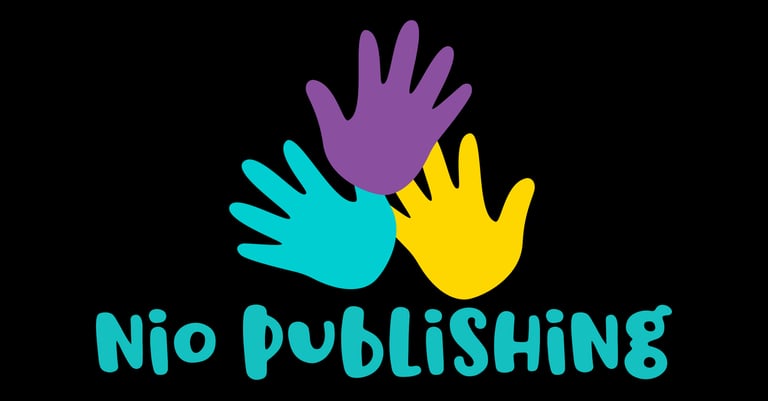
The Hidden Price Tag: Unraveling the Economic Cost of Illiteracy
NIO PUBLISHINGLITERACY MATTERSSTATE OF LITERACYBENEFITS OF EARLY CHILDHOOD LITERACYEDUMEDIA IS EDUCATIONAL MEDIACOST OF ILLITERACYLITERACY STATISTICS
Niotopia > Unlocking Potential
In an increasingly interconnected and knowledge-driven world, literacy forms the bedrock of personal growth, social development, and economic progress. However, despite significant advancements in education, illiteracy remains a pervasive global challenge.
Beyond its immediate impact on individuals, families, and communities, illiteracy also exacts a substantial economic toll. In this blog post, we delve into the profound economic cost of illiteracy, emphasizing the urgent need to address this issue for the betterment of societies worldwide.
A Barrier to Individual Opportunities
Illiteracy restricts individuals from accessing a wide range of opportunities, limiting their potential for personal and professional growth. Illiterate individuals face difficulty in securing gainful employment, often finding themselves trapped in low-paying jobs with limited upward mobility.
This perpetuates a cycle of poverty, as illiteracy becomes a significant hindrance to social and economic mobility, reducing individuals' ability to escape from poverty.
Lost Productivity and Reduced Innovation
Social Costs and Inequality
“Every book has a soul, the soul of the person who wrote it and the soul of those who read it and dream about it.”
~ Carlos Ruiz Zafón
Illiteracy not only hampers individual opportunities but also adversely affects overall productivity and innovation within a society. Illiterate workers are less efficient, struggle to adapt to changing technologies, and are more prone to errors and accidents in the workplace.
Consequently, the labor market suffers from reduced productivity, leading to slower economic growth. Moreover, illiteracy stifles innovation, as individuals are unable to participate fully in knowledge-based economies and contribute their unique perspectives and ideas.
Increased Public Expenditure
The economic cost of illiteracy extends beyond the individual level and places a burden on governments and public resources. Illiteracy contributes to increased healthcare costs, as individuals struggle to understand and follow medical instructions, leading to higher rates of preventable diseases and hospitalizations.
Moreover, illiterate individuals are more likely to rely on welfare programs, placing additional strain on public assistance resources. Investing in literacy programs can help alleviate these pressures by empowering individuals to make informed decisions, lead healthier lives, and reduce dependence on social support systems.
Impaired Global Competitiveness
In an era characterized by globalization and rapid technological advancements, illiteracy poses a significant threat to a nation's competitiveness in the global market. Countries with higher illiteracy rates experience diminished foreign direct investment, as businesses seek skilled and literate workforces to drive innovation and growth.
Without a competent workforce, economies struggle to attract high-value industries and miss out on the economic benefits associated with foreign investments.
Illiteracy engenders social costs and exacerbates existing inequalities within societies. Illiterate individuals face challenges in participating fully in civic life, including voting, engaging with government policies, and advocating for their rights.
This marginalization perpetuates social exclusion, reinforces income disparities, and undermines social cohesion, ultimately hindering societal progress and stability.
Conclusion
The economic cost of illiteracy reverberates throughout societies, hindering individuals, communities, and nations from reaching their full potential.
Addressing this issue requires a multi-faceted approach, encompassing improved access to quality education, literacy programs, and ongoing support for lifelong learning. By investing in literacy, governments, businesses, and civil society organizations can unlock the economic potential of millions, foster inclusive growth, and build more prosperous and equitable societies.
Together, let us recognize the urgency of tackling illiteracy and work towards a future where everyone can enjoy the transformative power of literacy.








